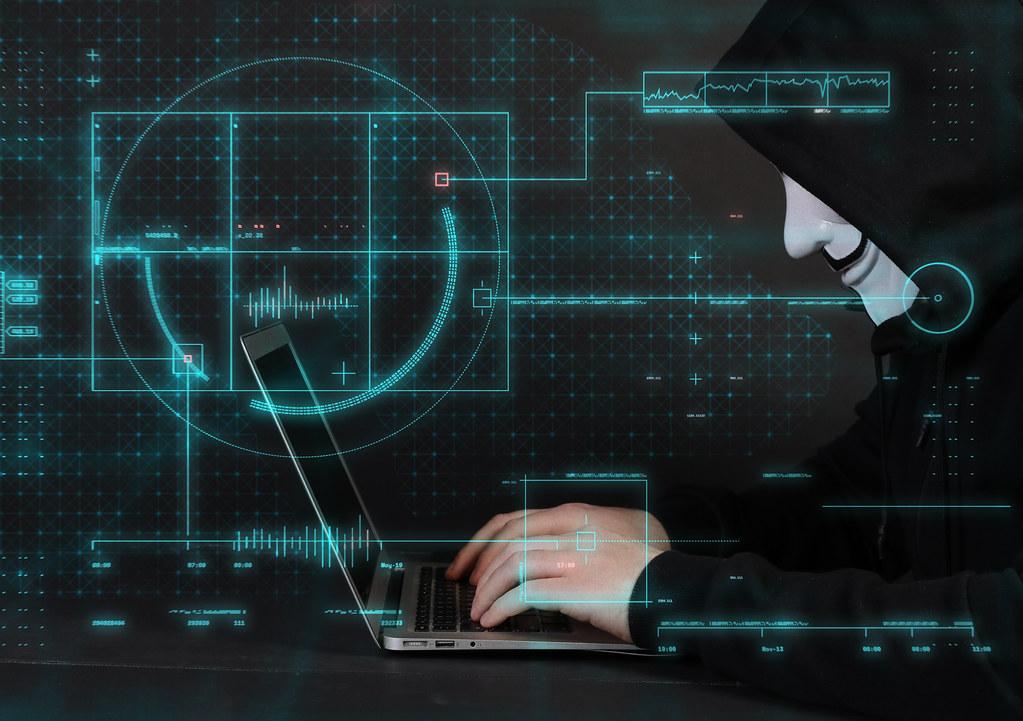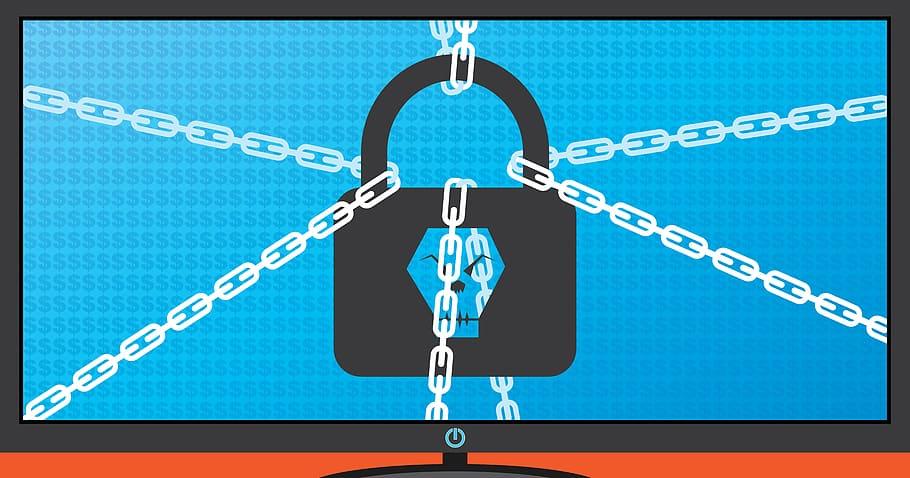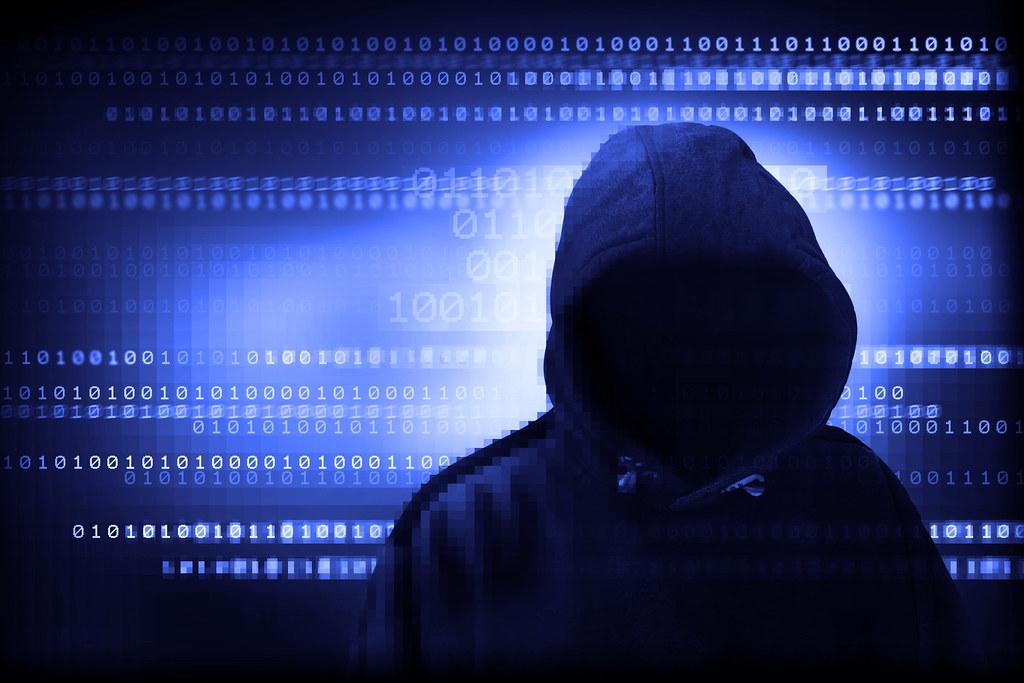The digital age has ushered in a plethora of opportunities for small businesses to grow and reach new markets. However, with these opportunities come risks, particularly from cyber attacks. These threats pose a serious challenge not only to the health of small businesses but also to the personal finances of business owners and individuals alike. Understanding the impact of such attacks and the importance of whistleblowing can help mitigate these risks.
Effects of Cyber Attack on Small Businesses
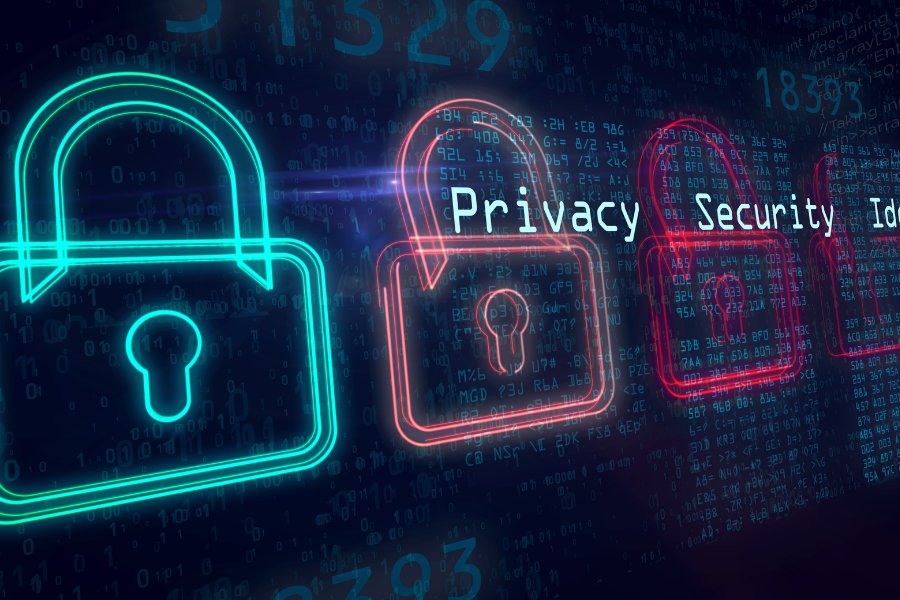
Financial Loss
Cyber attacks can have a devastating impact on the financial stability of a small business. Costs associated with data breaches include investigation, data recovery, system repairs, and customer notification and support. Additionally, if the business is found liable for the breach, it may face hefty fines and legal fees. Small businesses often lack the resources to absorb these costs, leading to severe financial strain or, in some cases, bankruptcy.
Reputation Damage
Trust is a critical component of customer relationships, and a cyber attack can severely damage a business’s reputation. The loss of customer trust can result in a decline in sales, as well as difficulty attracting new clients. The news of a data breach can spread quickly, and rebuilding customer confidence may take considerable time and effort.
Operational Disruption
A cyber attack can disrupt the normal operations of a small business. Depending on the severity, it could result in downtime, loss of productivity, and an inability to conduct transactions. The time required to respond to an attack and restore systems can further compound these disruptions, making it difficult for the business to carry out its day-to-day activities.
The Effect of Whistleblowing
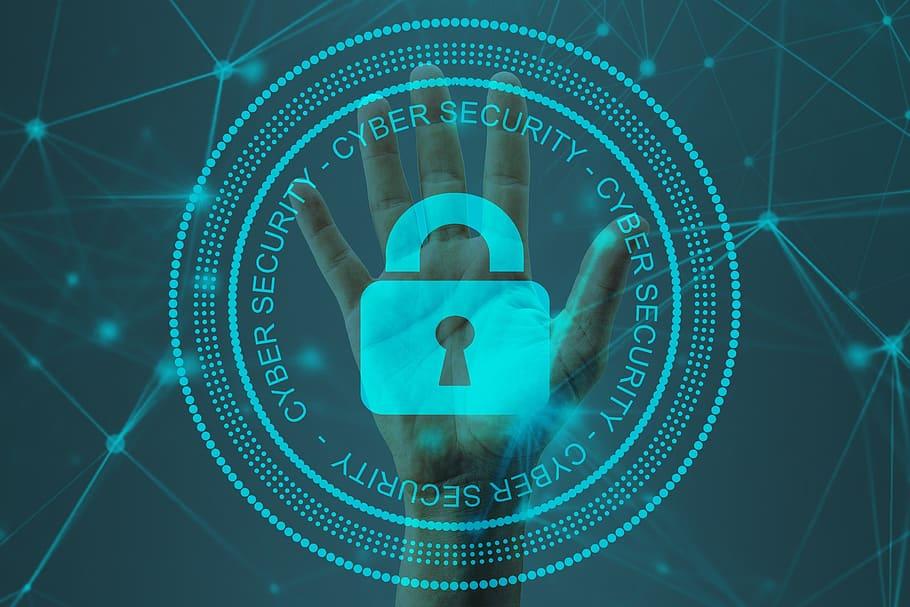
Importance of Reporting
Whistleblowing plays a crucial role in the detection and prevention of cyber attacks. Individuals who report suspicious activities can help stop a potential breach before it occurs or limit its damage. It is vital for employees and associates to understand their role in safeguarding the business’s digital assets and to feel empowered to report any irregularities without fear of retribution.
Protecting Personal Finances
For individuals, whistleblowing is also essential in protecting personal finances. By reporting fraudulent activities, individuals can help prevent unauthorized access to personal financial information that could lead to identity theft or financial loss. It is also important for consumers to be vigilant about monitoring their accounts and credit reports for any unusual activity.
Legal Consequences
There are legal protections in place for whistleblowers to encourage them to come forward without fear of retaliation. However, businesses and individuals must be aware of the legal consequences they may face if they fail to protect sensitive information or if they are found to be negligent in responding to a cyber attack. Understanding these legal aspects is crucial for maintaining compliance and avoiding penalties.
In conclusion, cyber attacks can have far-reaching effects on small businesses and personal finances. The financial loss, reputation damage, and operational disruptions are just some of the challenges that these entities may face. Whistleblowing serves as a line of defense against such threats, emphasizing the importance of vigilance and reporting in safeguarding assets and information. As we navigate the complexities of the digital landscape, it is imperative for small businesses and individuals alike to understand these impacts and take proactive steps to protect themselves against the ever-evolving threat of cybercrime.
